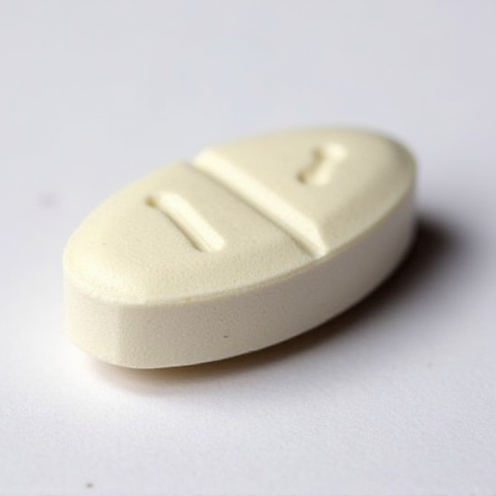Pararite 500mg Tablet
Product Info
| Prescription required | No |
| Marketer | MHS Pharmaceuticals Pvt Ltd |
| Active Ingredient | Paracetamol (500mg) |
| Salt Synonyms | Acetaminophen |
| Storage | Store below 30°C |
| Chemical Class | P-Aminophenol Derivative |
| Habit Forming | No |
| Therapeutic Class | PAIN ANALGESICS |
| Action Class | Analgesic & Antipyretic-PCM |
| User Rating | 4.5 |
| User Reviews | 395 |
FAQ






















Pararite 500mg Tablet Reviews
Pararite 500mg may be prescribed alone or in combination with another medicine. You should take it regularly as advised by your doctor. It is usually best taken with food otherwise it may upset your stomach. Do not take more or use it for longer than recommended.
Side effects are rare if this medicine is used correctly but this medicine may cause stomach pain, nausea, and vomiting in some people. Consult your doctor if any of these side effects bother you or do not go away.
This medicine is widely prescribed and considered safe but is not suitable for everybody. Before taking it, let your doctor know if you have liver or kidney problems or are using blood-thinning medicines. It may affect the dose or suitability of this medicine. Let your doctor know about all the other medicines you are taking because they may affect, or be affected by, this medicine.
How Pararite 500mg Tablet Works
How to Use Pararite 500mg Tablet
Benefits of Pararite 500mg Tablet
- In Treatment of Fever: Pararite 500mg is also used to reduce a high temperature (fever). It works by blocking the release of certain chemical messengers that cause fever. It may be prescribed alone or in combination with other medicines. Take it as prescribed by the doctor.
- In Pain relief: Pararite 500mg is a common painkiller for treating aches and pains. It is widely used and rarely causes any side effects if taken properly. To get the most benefits, take it as prescribed. Do not take more or for longer than needed as that can be dangerous.
Uses of Pararite 500mg Tablet
- Treatment of Fever
- Pain relief
Pararite 500mg Tablet Side Effects

Safety Tips
Quick Tips
- The doctor may regularly monitor your kidney function, liver function, and levels of blood components if you are taking Pararite 500mg for long-term treatment.
- Take it as per the dose and duration prescribed by your doctor. Long-term use may lead to serious complications such as stomach bleeding and kidney problems.
- Avoid consuming alcohol while taking this medicine as it can increase your risk of stomach problems.
- Do not take indigestion remedies (antacids) within two hours of taking Pararite 500mg.
- Pararite 500mg should be taken with food or milk to prevent an upset stomach.
- Inform your doctor if you have liver disease as your dose may need to be adjusted.
References
- Paracetamol. County Tipperary, Ireland: Pinewood Healthcare; 2015.
- Briggs GG, Freeman RK, editors. A Reference Guide to Fetal and Neonatal Risk: Drugs in Pregnancy and Lactation. 10th ed. Philadelphia, PA: Wolters Kluwer Health; 2015. pp. 8-12.
- Chaves RG, Lamounier JA. Breastfeeding and maternal medications. J Pediatr (Rio J). 2004;80(5 Suppl):S189-S198.
- Grosser T, Smyth E, FitzGerald GA. Anti-Inflammatory, Antipyretic, and Analgesic Agents; Pharmacotherapy of Gout. In: Brunton LL, Chabner BA, Knollmann BC, editors. Goodman & Gilman’s: The Pharmacological Basis of Therapeutics. 12th ed. New York, New York: McGraw-Hill Medical; 2011. pp. 982-84.
- Central Drugs Standard Control Organisation (CDSCO).
- Furst DE, Ulrich RW, Varkey-Altamirano C. Nonsteroidal Anti-Inflammatory Drugs, Disease Modifying Antirheumatic Drugs, Nonopioids Analgesics, & Drugs Used in Gout. In: Katzung BG, Masters SB, Trevor AJ, editors. Basic and Clinical Pharmacology. 11th ed. New Delhi, India: Tata McGraw Hill Education Private Limited; 2009. pp. 635-36.
